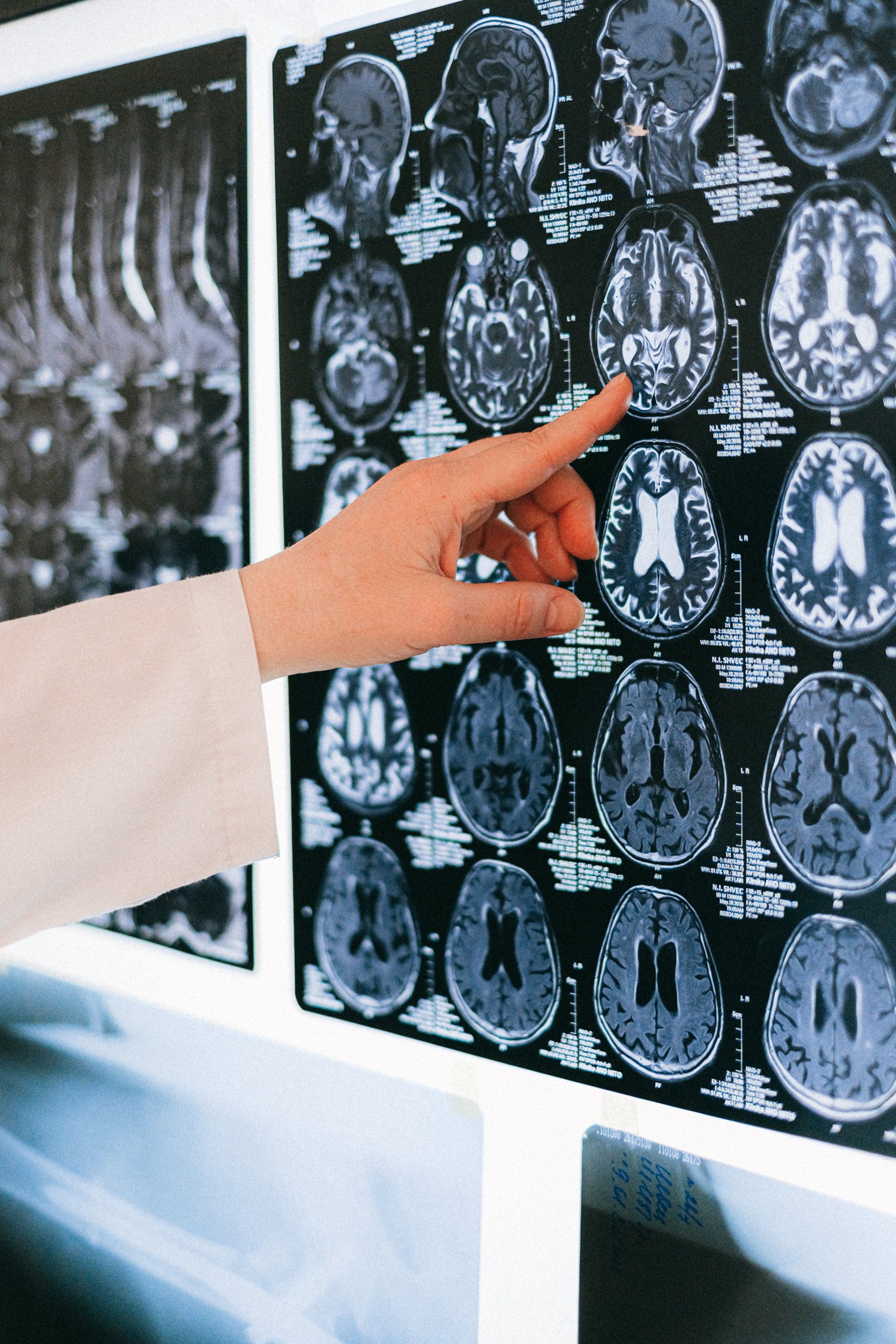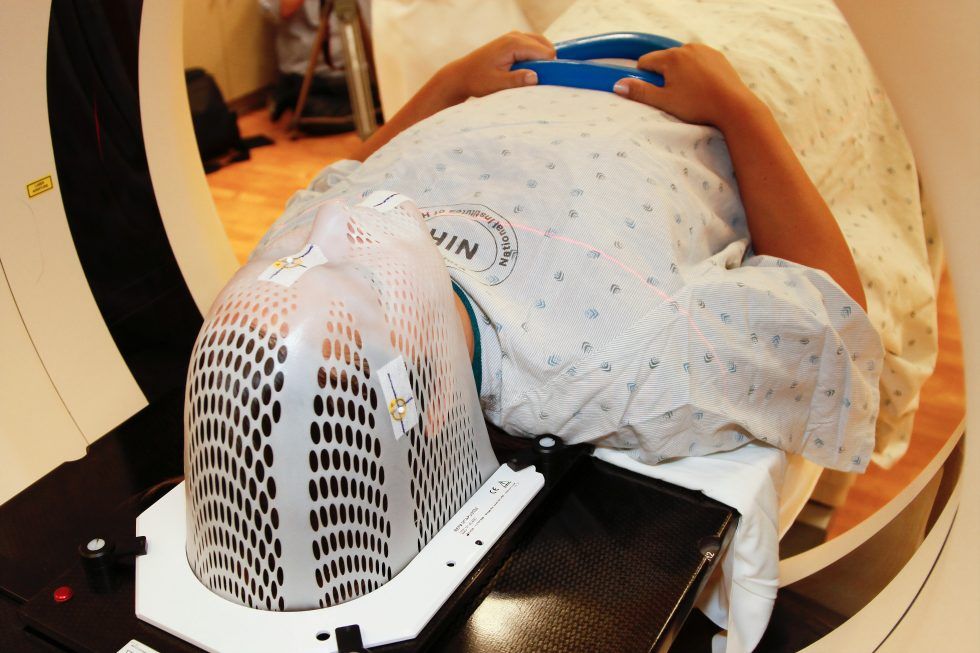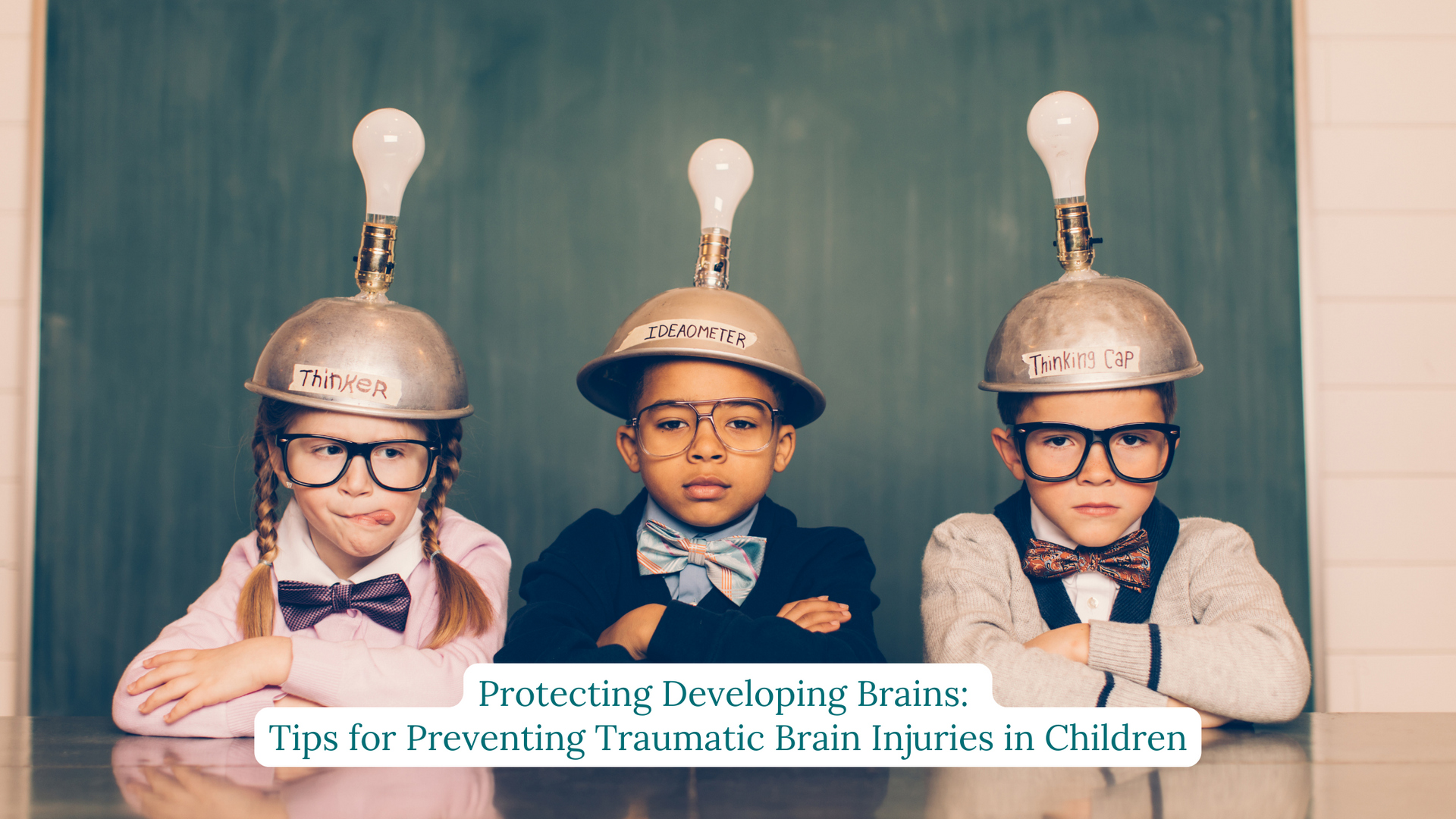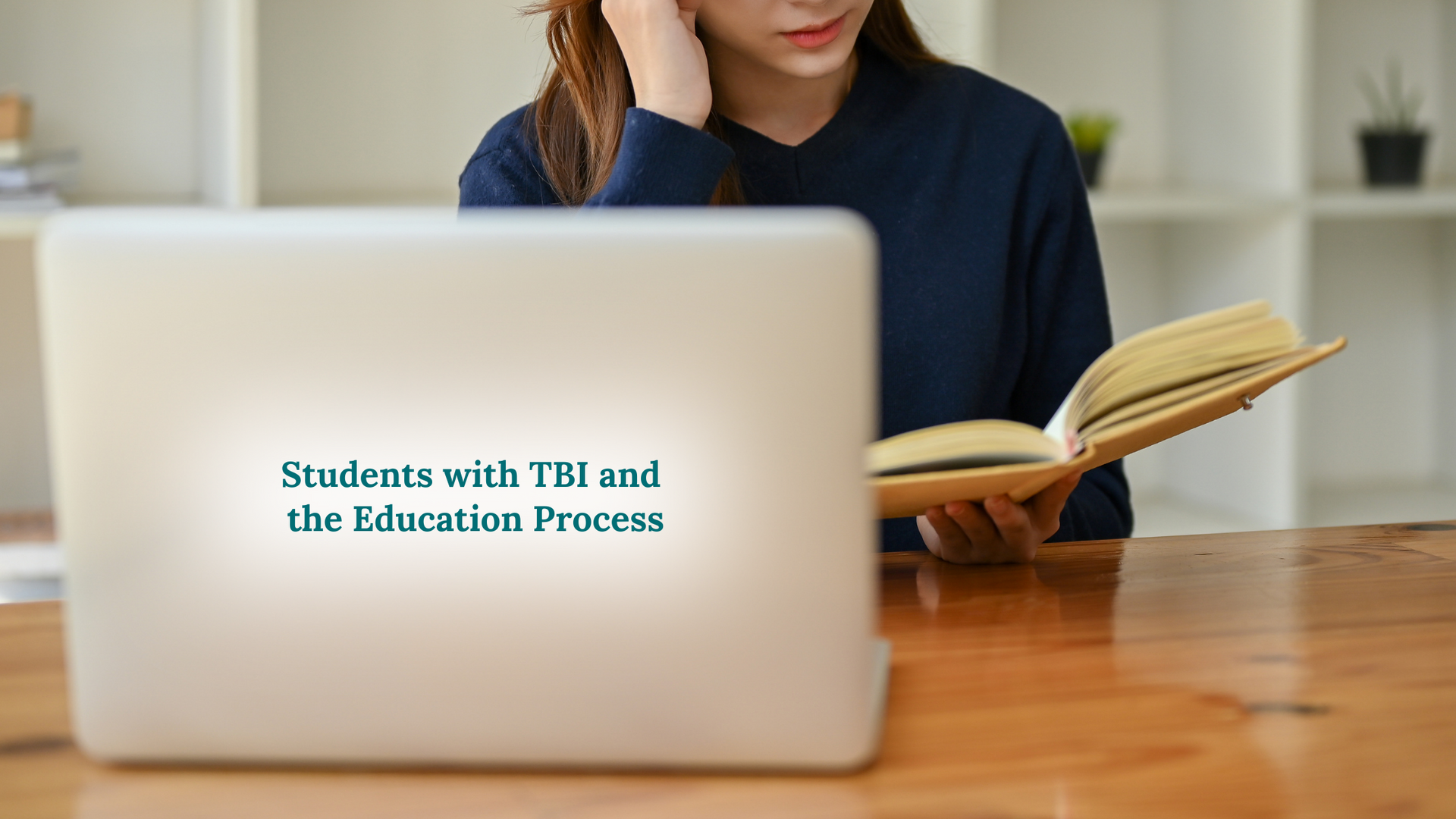Let’s Review the Facts About Concussions and Traumatic Brain Injuries
Let’s Review the Facts About Concussions and Traumatic Brain Injuries
Many people rightfully wonder about the relationship between concussions and a traumatic brain injury. Still others are under the misconception that a concussion is really not that serious of an occurrence and that rest and time away from physical activity is all that is needed to cure it. The reality is concussions are probably the most common type of traumatic brain injury, and they can be rather serious in nature.
Concussions are typically the result of a sudden hit to the head. It can also occur when the body is suddenly jolted in such a way that the brain literally bounced around a bit in the skull. Both of these actions result in certain chemical changes in the brain and can be rather serious. In some situations, brain cells can be permanently destroyed as a result of a concussion.
Are Concussions Serious?
Many people seem to be confused about concussions because they are commonly referred to as mild brain injuries. While they are not typically life threatening when treated appropriately, they should nonetheless be handled right away by a medical professional. The brain is the most complex organ in the human body. When it is damaged by a concussion, no matter how minor that damage might be, it is serious.
What Are the Signs of a Concussion?
It is so important to understand the signs of a concussion because symptoms might not appear right away. This is why it is important to tell others if you have a serious hit to your head. Please do not keep it to yourself because the effects might not be felt for days or weeks after the event. By then, the concussion could possibly turned into an even worse form of traumatic brain injury than it would have if you would have received treatment right away.
Here are some of the symptoms that may indicate a concussion has occurred:
- One pupil is noticeably bigger than the other one
- A sudden onset of drowsiness
- Not being able to rouse yourself out of sleep
- A headache that continues to worsen throughout the day
- Speech that suddenly becomes slurred
- Weakness or numbness throughout the body
- Vomiting or convulsions without being able to control it
- A loss of consciousness
It is that last symptom that is the most serious of all. Even if you or a loved one loses consciousness for the briefest of moments, medical attention should be sought immediately.
Signs of a Brain Injury in Young Children
Many of the symptoms just described relate to other types of traumatic brain injuries as well. This is why it is important to understand the signs of a concussion and to treat them seriously. Since young children cannot always verbalize what they are feeling or that they have even hit their head at some point in the recent past, it is important to read their actions for what they are. This means that you should take the following signs seriously and consider the possibility that a concussion has occurred.
- Crying that is louder and more frequent than usual
- Headaches that simply will not go away
- A noticeable change in the way the child is playing
- A noticeable change in their eating and sleeping habits
- Does not show interest in favorite games or toys
- Lack of coordination or balance
You do not want to leave any form of traumatic brain injury untreated. Make sure that you do what you can to properly deal with a concussion so that it does not become a bigger deal than it already is.
Wrap-Up
It is essential to understand the different types of traumatic brain injuries. While many people only focus on major accidents, many other types of injuries can have an adverse impact on individuals. Understanding the symptoms can help you deal with them swiftly and maximize the chances of a full recovery.
Recent Posts
- Proving Eligibility: Securing Worker’s Compensation After a Traumatic Brain Injury
- Navigating Life after Traumatic Brain Injury: Effective Symptom Management Strategies
- Navigating the Academic Journey: A Guide for Military Veterans with Traumatic Brain Injuries
- Protecting Developing Brains: Tips for Preventing Traumatic Brain Injuries in Children
- Students with TBI and the Education Process














